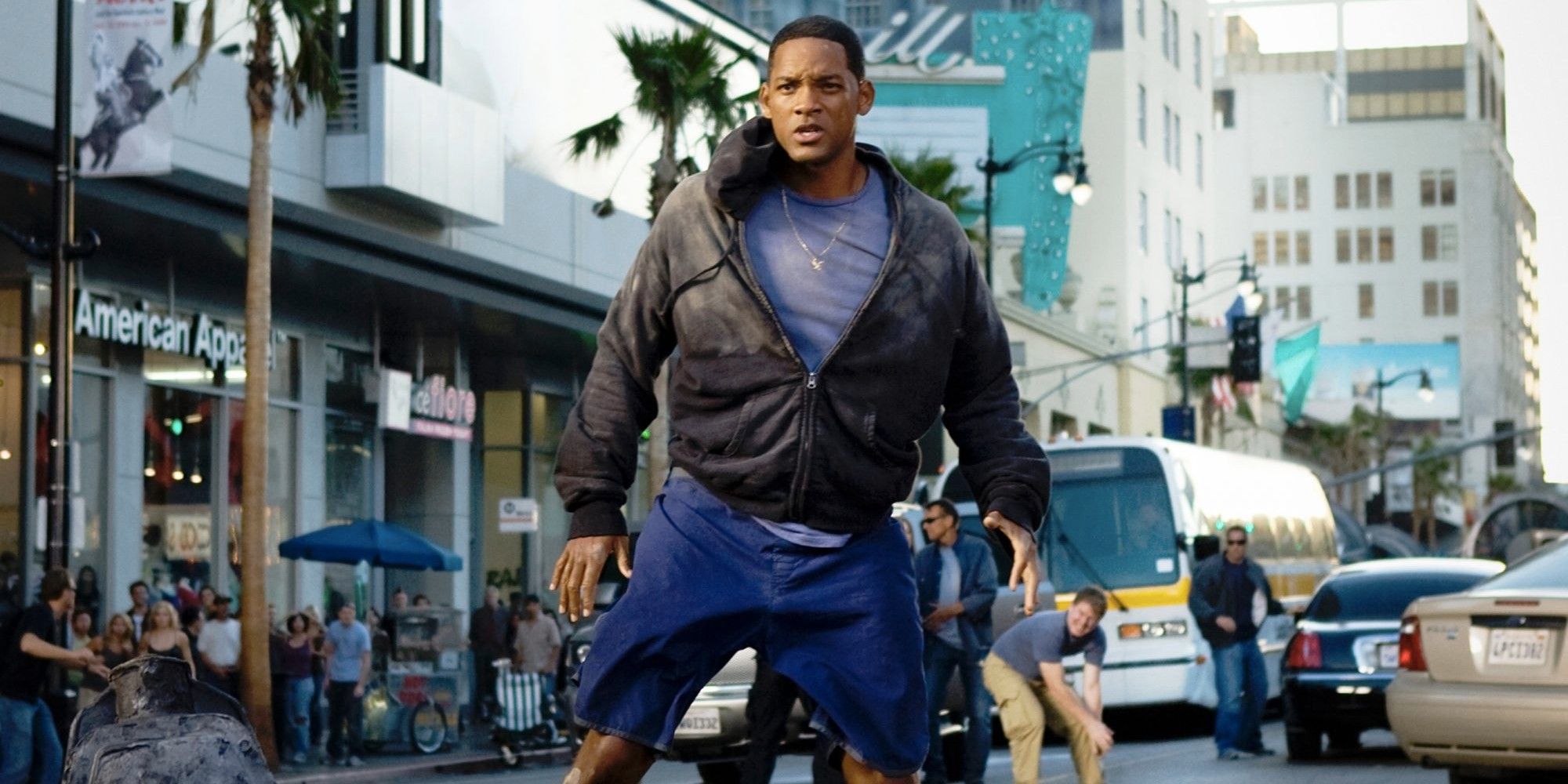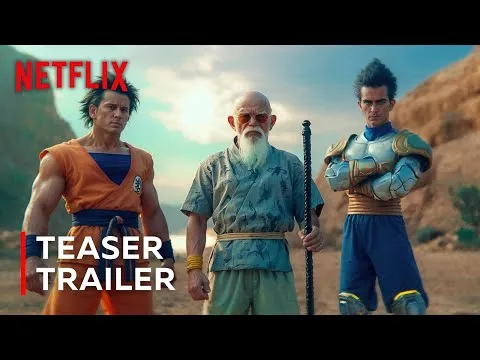Back in 2008, Hancock introduced audiences to a different kind of superhero. Played by Will Smith, Hancock was crude, cynical, drunk, and broken. But beneath the slurred insults and wrecked city blocks was a godlike being with a tragic past—a reluctant savior trying to find purpose in a world that never fully accepted him.
Now, over a decade later, Hancock 2: Ascension brings the antihero back into the spotlight for a second chance—not just to save the world, but to finally understand where he came from, and what he’s truly meant to be.
Blending mythology, action, and character-driven drama, Ascension is the long-overdue continuation of one of the most unconventional superhero stories of the 21st century.
In the original film, we met Hancock as a destructive and disliked superhuman living in Los Angeles. After saving a PR executive named Ray (Jason Bateman), Hancock embarks on a rocky path to redemption.
The big twist? Hancock is not alone. Mary (Charlize Theron), Ray’s wife, is also an immortal with superpowers—and the two share a mystical bond dating back thousands of years. But the closer they are, the more vulnerable they become.
The film ends with Hancock leaving Los Angeles to give Mary a chance at a normal life. He embraces his role as a global guardian, trying to do good from a distance, but his origins and greater purpose remain a mystery.
Hancock 2: Ascension opens fifteen years later. The world has changed. Superheroes are no longer myths—they are commodities. Governments and corporations have created artificial superhumans through technology and genetic manipulation. Hancock is no longer unique… or so it seems.
Now living in isolation on the outskirts of Istanbul, Hancock acts as a silent protector, intervening in disasters and conflicts without ever revealing his identity. He’s clean, focused, and tired—haunted by dreams of a civilization long gone and a voice calling to him from the stars.
Then something crashes to Earth. A fiery object pierces the sky and lands in the Arctic—a pod carrying another being like him. But this one isn’t here to protect.
Her name is Amenti, and she remembers everything Hancock has forgotten: the war, the fall, and the reason their kind were scattered across Earth. She calls them the Nephalites—ancient celestial guardians created to preserve balance on Earth. But time, emotion, and love corrupted their purpose. One by one, they paired off, weakened, and died. Only a few remain. And now, the last of them are being hunted.

A shadowy organization known as The Ascendants, led by a billionaire technocrat obsessed with immortality, has discovered the truth—and they want Nephalite DNA to create a new race of engineered gods.
Now, Hancock must reconnect with Mary, face his past, and decide once and for all: is he a man cursed with power, or a god who abandoned his post?
-
Will Smith as Hancock – Older, wiser, but still scarred. In Ascension, Hancock undergoes real growth. He’s trying to be a hero without needing to be liked—and finally learning what sacrifice really means.
-
Charlize Theron as Mary Embrey – Now fully aware of her identity, Mary has built a peaceful life but can’t ignore the danger looming. She becomes Hancock’s equal—intellectually and emotionally—and the film explores their fractured bond with grace.
-
Jason Bateman as Ray Embrey – Now a global humanitarian, Ray is still the heart of the franchise. He works to help the world with non-superpowered solutions, representing the best of humanity.
-
Gugu Mbatha-Raw as Amenti – Regal, fierce, and burdened with memory, Amenti pushes Hancock to remember who he truly is—and what they were meant to become.
-
Rami Malek as Everett Vance, leader of the Ascendants. Charismatic, ruthless, and obsessed with transcending mortality, Vance wants to become a god… even if it means killing the real ones.

Hancock 2: Ascension builds on the philosophical underpinnings of the original film. While Hancock explored alienation and redemption, the sequel expands into deeper mythology and identity:
-
The Burden of Immortality – What happens when you’ve lived too long and forgotten who you are? Can you choose to start over, or are you forever chained to your past?
-
Power Without Purpose – As the world races to create its own superheroes, Hancock must wrestle with what makes someone worthy of power—and how easily it can be misused.
-
Love vs. Legacy – Hancock and Mary must confront the impossible choice: rekindle their bond and risk death, or remain apart forever in order to protect humanity.
Directed by Antoine Fuqua (in this imagined version), Ascension trades the chaotic tone of the first film for a more mature, epic feel. The action is visceral—Nephalite battles are less about lasers and more about elemental forces: wind, heat, gravity, and light.
Flashbacks to ancient civilizations—Babylon, Kemet, and pre-Ice Age Earth—show Hancock as a protector in different lifetimes. The cinematography balances mythic beauty with grounded emotion, aided by a soaring score that blends electronic ambiance with haunting vocal chants.
In the climax, Hancock discovers an ancient Nephalite temple hidden beneath Antarctica. There, he confronts both Amenti and Everett Vance in a three-way battle over the future of power on Earth. Rather than destroy Vance, Hancock chooses mercy, uploading all Nephalite knowledge to humanity’s collective archives. He gives the world the choice to evolve—not by force, but by understanding.
The film ends with Hancock walking into the sun, his body glowing—ascending, perhaps literally, into the stars. Mary watches from afar, whispering, “He finally remembered. Hancock 2: Ascension is the rare sequel that respects its roots while reaching higher. It deepens the mythology, sharpens the stakes, and gives one of cinema’s most reluctant heroes the closure—and purpose—he always deserved.





